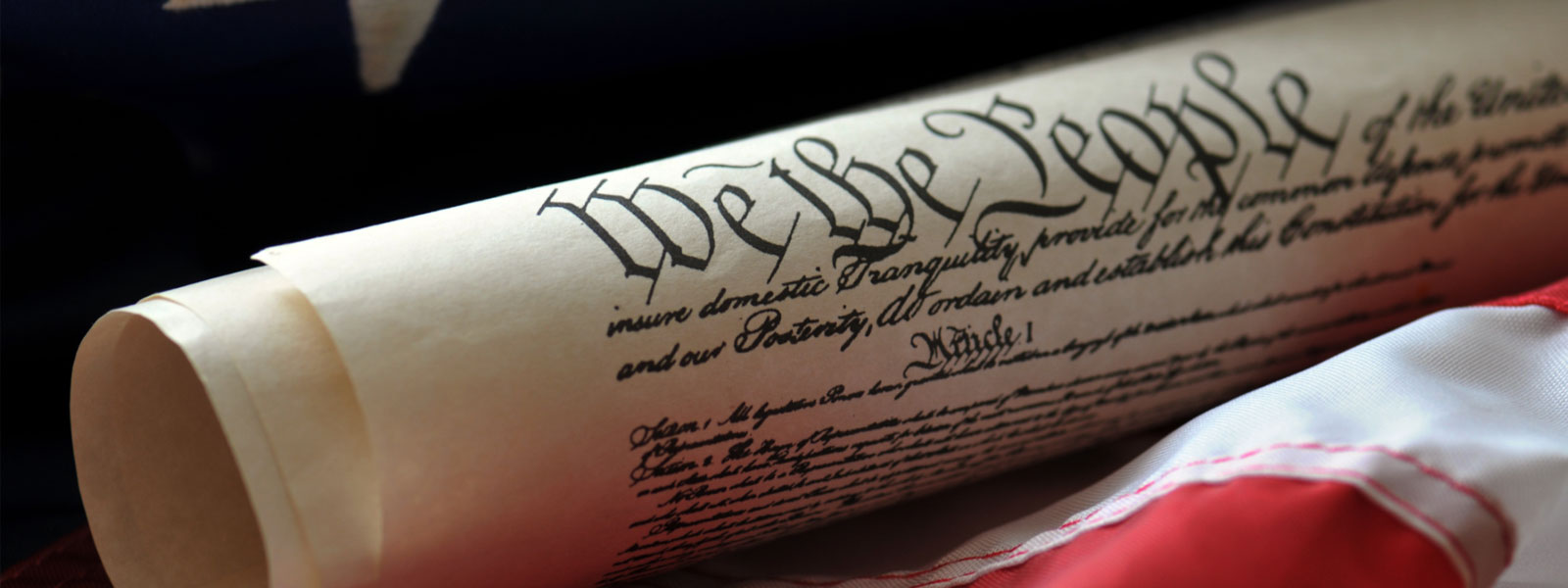Supreme Court Upholds Banning Some Types of Guns
Yesterday the United States Supreme Court refused to hear an appeal from the 2nd Circuit Court of Appeals which upheld gun laws in New York and Connecticut which bans military assault style weapons, like the ones used in Sandy Hook in 2012, Santa Barbara a few months ago, and Orlando last week. The gun laws in question were enacted by New York and Connecticut in 2012 after the school shooting in Sandy Hook Connecticut which took the lives of 20 young children and 6 teachers. Gun rights advocates filed suit alleging that the prohibitions violated the 2nd Amendment and prior Supreme Court precedent which upheld the right of the public to own firearms for self protection. The 2nd Circuit Court of Appeals, which covers New York and Connecticut, found in favor of the states and upheld the laws which enacted gun prohibitions. The gun rights activists appealed to the United States Supreme Court. Yesterday, the Supreme Court refused to hear the appeal, without comment, which h...




